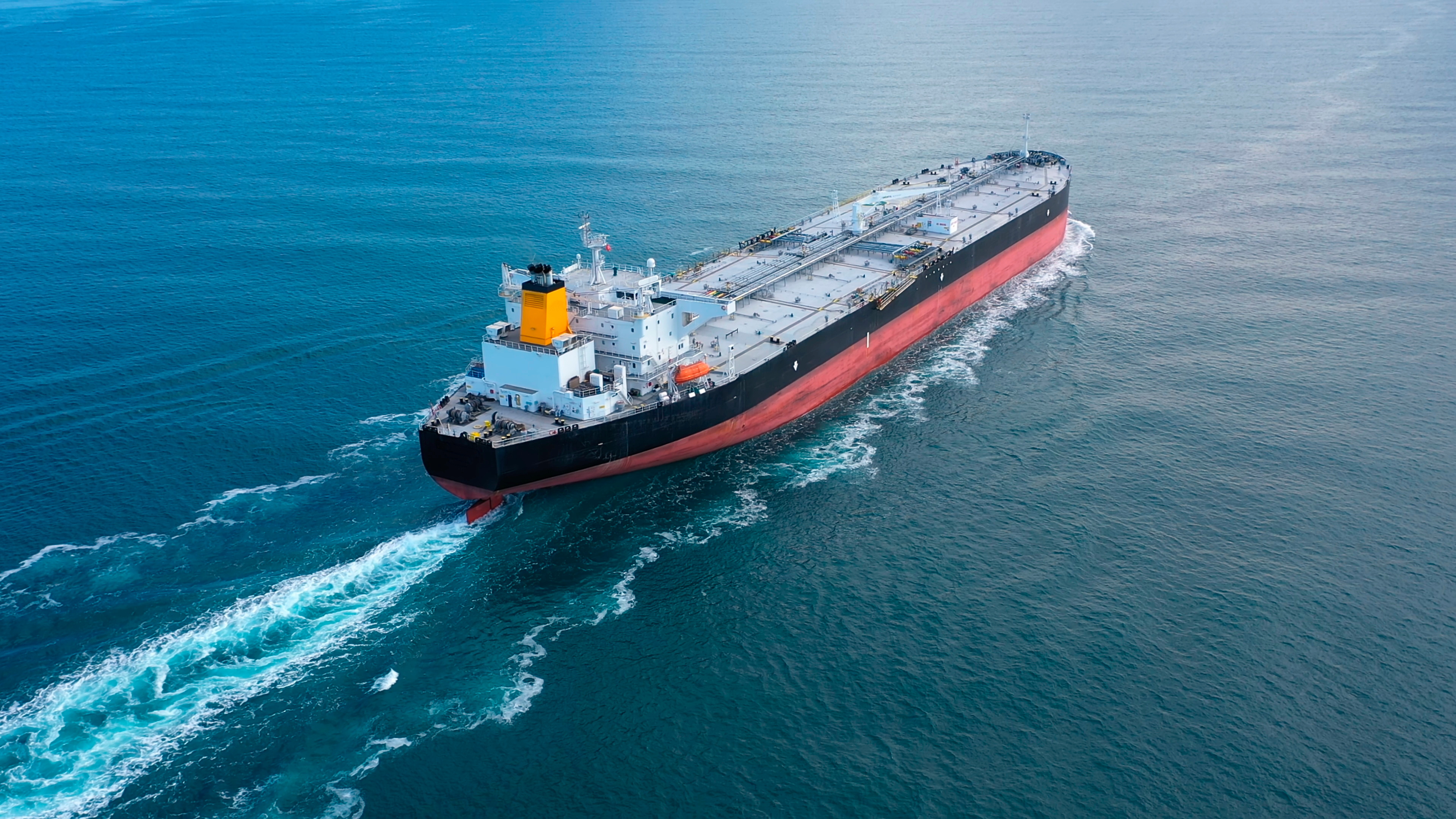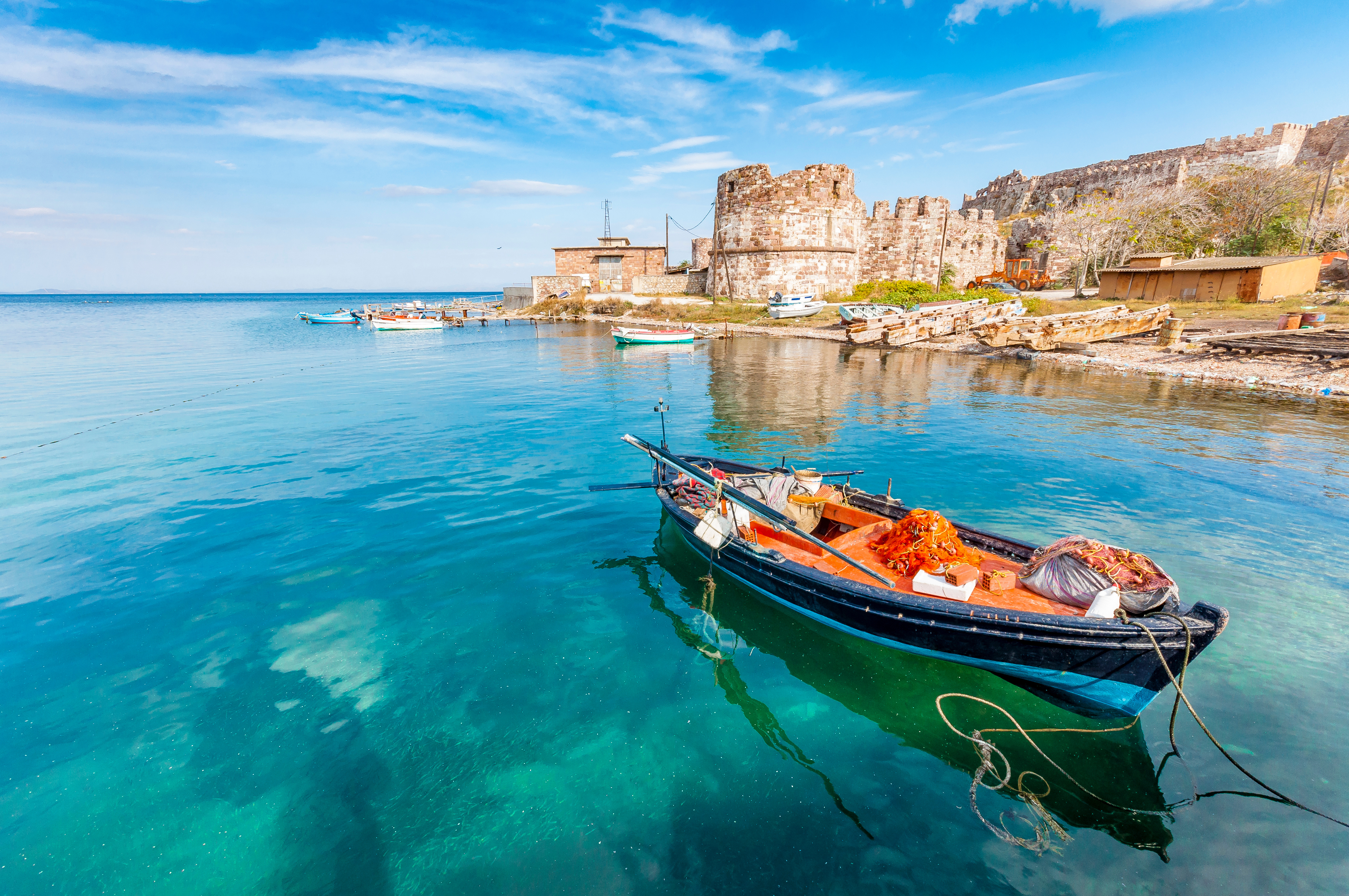The amended Migrant Workers Act (AMWA) in the main seeks to label a number of existing liabilities / obligations that employers have previously faced, whether arising under the terms of the POEA Standard Employment Contract (SEC) and/or a Collective Bargaining Agreement (CBA), but now requires that an Overseas Filipino Worker (OFW) has insurance for those liabilities. There are some subtle differences as to how those liabilities have previously arisen, notably under sub-paragraphs (a), (b), (c), (h) and (i), whilst there are two (2) new liabilities, both of which will be incorporated into the new POEA SEC, which will come into force on 12th November.
New Liabilities"(e) Subsistence allowance benefit, with at least One hundred United States dollars (US$100.00) per month for a maximum of six months for a migrant worker who is involved in a case or litigation for the protection of his/her rights in the receiving country."
Comment: It is unlikely that P&I cover could indemnify a Member's obligations under (e), as it is envisaged the reason for the liability arising "in the receiving country" would not be in connection with the operation of the entered ship. As indicated above, the new POEA SEC has been amended to reflect this specific obligation, without reference any exception in respect of wilful or criminal acts, or Section 33 of the POEA SEC (Table of Offences and Corresponding Administrative Penalties).
"(g) Compassionate visit. When a migrant worker is hospitalized and has been confined for at least seven (7) consecutive days, he shall be entitled to a compassionate visit by one (1) family member or a requested individual. The insurance company shall pay for the transportation cost of the family member or requested individual to the major airport closest to the place of hospitalization of the worker. It is, however, the responsibility of the family member or requested individual to meet all visa and travel document requirements."
Comment: Whilst not currently a requirement under the POEA SEC or CBA, this is already an area where discretionary cover exists under P&I, to the extent the case merits a family members presence. This would normally see the assured / Association (Club) concerned being guided by the advice of the attending doctor / physician. However, as noted above, the new POEA SEC has been amended to reflect this specific obligation.
Other Liabilities"(a) Accidental death, with at least Fifteen thousand United States dollars (US$15,000.00) survivor's benefit payable to the migrant worker's beneficiaries;""(b) Natural death, with at least Ten thousand United States dollars (US$10,000.00) survivor's benefit payable to the migrant worker's beneficiaries:""(c) Permanent total disablement, with at least Seven thousand five hundred United States dollars (US$7,500.00) disability benefit payable to the migrant worker. The following disabilities shall be deemed permanent: total, complete loss of sight of both eyes; loss of two (2) limbs at or above the ankles or wrists; permanent complete paralysis of two (2) limbs; brain injury resulting to incurable imbecility or insanity;"
Comment: To the extent there is a liability to compensate a seafarer under the terms of the POEA SEC or CBA, both the Omnibus Implementing Rules & Regulations (IRR) and new POEA SEC provide for these contractual obligations to be reduced by the payment already made in line with the provisions of the AMWA.
A Member can be indemnified in relation to these liabilities by the Association, subject to the Association's Rules and the terms and conditions of entry. However, it should be noted that the AMWA does not contain any exception in relation to liabilities specifically excluded from P&I, such as those arising from acts of terrorism or war risks.
"(d) Repatriation cost of the worker when his/her employment is terminated by the employer without any valid cause, or by the employee with just cause including the transport of his or her personal belongings. In case of death, the insurance provider shall arrange and pay for the repatriation or return of the worker's remains. The insurance provider shall also render any assistance necessary in the transport including, but not limited to, locating a local and licensed funeral home, mortuary or direct disposition facility to prepare the body for transport, completing all documentation, obtaining legal clearances, procuring consular services, providing death certificates, purchasing the minimally necessary casket or air transport container, as well as transporting the remains including retrieval from site of death and delivery to the receiving funeral home."
Comment: Whilst the costs and expenses associated with the various obligations outlined above might be the responsibility of the employer under the terms of the POEA SEC or CBA in force, and whilst P&I, through their network of correspondents, could potentially render the necessary assistance provided for within (d), the extent to which there would be cover under P&I, will of course be subject to the reason for the termination.
"(f) Money claims arising from employer's liability which may be awarded or given to the worker in a judgement or settlement of his or her case in the NLRC. The insurance coverage for money claims shall be equivalent to at least three (3) months for every year of the migrant worker's employment contract"
Comment: Cover would be available, provided arising in relation to a covered risk. For example, the scope of such a claim could involve disputed or unpaid wages not covered by P&I, although this is a liability Members are already exposed to in any event.
"(h) Medical evacuation. When an adequate medical facility is not available proximate to the migrant worker, as determined by the insurance company's physician and/or a consulting physician, evacuation under appropriate medical supervision by the mode of transport necessary shall be undertaken by the insurance providers; and"
Comment: The requirement does not expressly limit the obligations in any way, or give consideration to the obligations defined under the POEA SEC and CBAs in force. For example, once repatriated, if the condition is declared to be non-work related, under the POEA SEC an employer would have no obligation to provide medical treatment, let alone arrange his / her medical evacuation to a suitable medical facility. Similarly, if a CBA is in force, for a non-work related illness the employer would ordinarily be under no obligation to provide medical assistance beyond 130 days treatment post-repatriation.
Notwithstanding the above, to the extent adequate medical assistance at the port of disembarkation abroad can not be provided, P&I assists Members in identifying other suitable medical facilities and in making arrangements for the seafarer's transfer or repatriation.
"(i) Medical repatriation. When medically necessary as determined by the attending physician, repatriation under medical supervision to the migrant worker's residence shall be undertaken by the insurance provider at such time that the migrant worker is medically cleared for travel by commercial carrier. If the period to receive medical clearance to travel exceeds fourteen (14) days from the date of discharge from the hospital, an alternative appropriate mode of transportation, such as air ambulance, may be arranged. Medical and non-medical escorts may be provided when necessary."
Comment: A number of enquires received have suggested that the obligation is to undertake the repatriation of an ill or injured seafarer after 14 days hospitalisation. It will be appreciated that this is not what sub-paragraph (i) actually states and we can think of very few situations where a seafarer who has been "discharged" from hospital, would not be fit to fly on a commercial carrier for more than 14 days.




